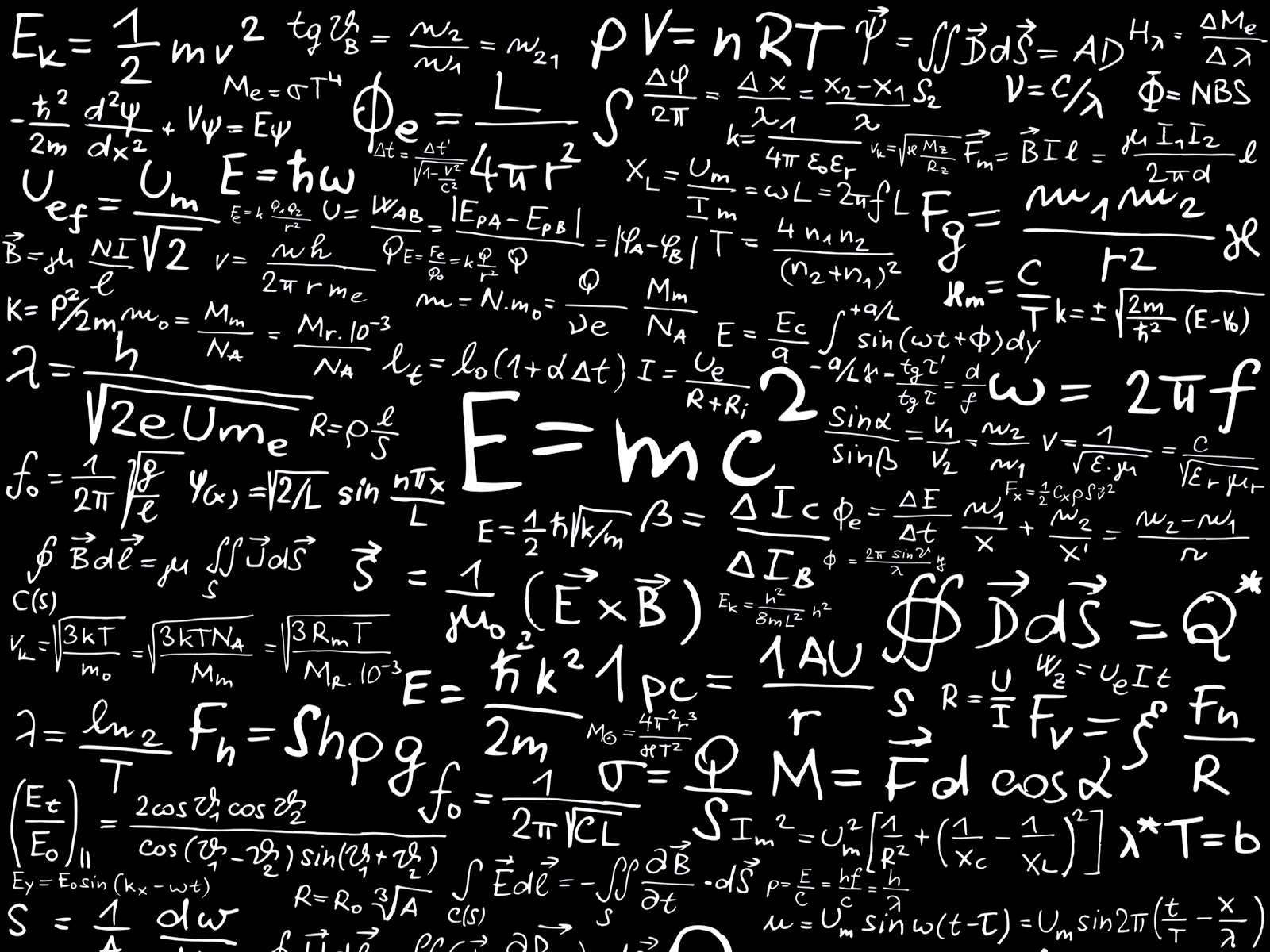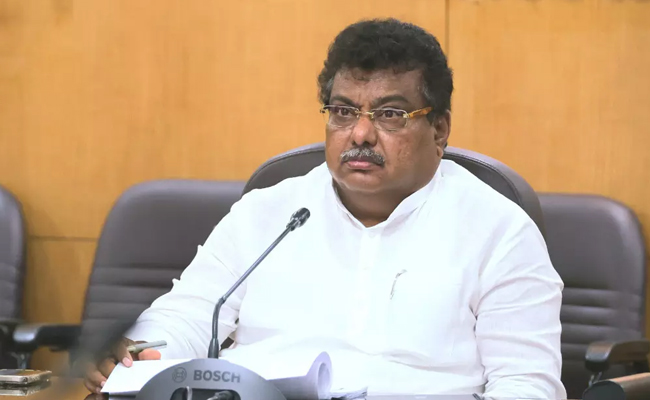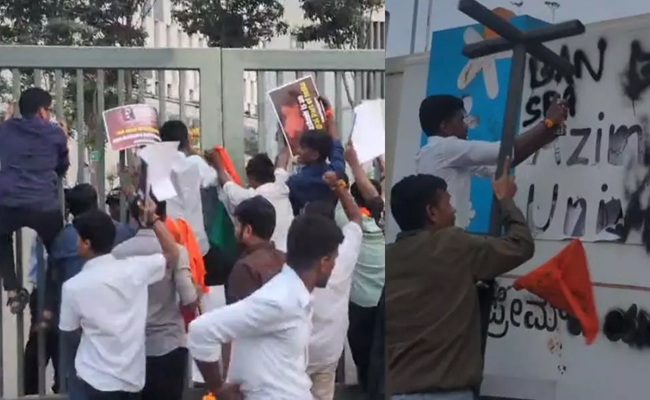New Delhi, Mar 12: Physics, Chemistry and Mathematics will continue to be important subjects in engineering courses and it is not mandatory for state government or institutions to offer these courses to students who have not studied them in class 12, the AICTE said on Friday.
Addressing a press conference, AICTE chairperson Anil Sahasrabudhe also said students opting for streams like Biotechnology, Textile or Agriculture Engineering will have an option to not study these subjects in class 12.
The clarification by Sahasrabudhe came following news reports about Physics and Mathematics no longer being compulsory for studying engineering as per the approval handbook for 2021-22 issued by the AICTE.
"Physics, Chemistry and Mathematics will continue to be important subjects for certain streams of engineering like mechanical engineering, it's not that these subjects will lose their relevance. However, for streams like Textile Engineering, Agriculture or may be Biotechnology, students will have an option of not studying the three subjects compulsorily in class 12 and make up for them through bridge courses later," Sahasrabudhe said.
In its revised rules aligned as per reforms proposed in the new National Education Policy (NEP), the technical regulator has given a list of 14 subjects - Physics, Mathematics, Chemistry, Computer Science, Electronics, Information Technology, Biology, Informatics Practices, Biotechnology, Technical Vocational subject, Engineering Graphics, Business Studies, Entrepreneurship.
Students need to pass in any three subjects (from the list) with a minimum of 45 per cent marks in class 12 board examination to be able to apply for admission in undergraduate courses in engineering, according to the revised rules of the All India Council for Technical Education.
"Universities will offer suitable bridge courses such as Mathematics, Physics, Engineering, Drawing, for students coming from diverse backgrounds to achieve desired learning outcome of the programme," the AICTE provides in the Approval Process Handbook 2021-22.
According to Sahasrabudhe, the new Approval Process Handbook 2021-22 has been changed to remove the restrictions of the previous rules incase there are states or universities that want to open up "on the lines of the NEP".
"There was a very classic case which came up this year during admission into an Agricultural Engineering or Agricultural Technology course where Physics, Chemistry and Maths (PCM) are mandatory. Now, in open schooling and the CBSE there are subjects like Agricultural Chemistry. However, these institutes are only accepting pure chemistry," said Sahasrabudhe, while highlighting the importance of multidisciplinary approach.
However, the chairperson reiterated that it is not mandatory for states or institutions to change their current mandatory preference of PCM for admission to engineering courses.
"While opening up the window, it is not mandatory to any of the states or universities that they must admit students from any of the three courses or 10 or 12 have listed there.
"Universities and the state governments may continue to have the same three subjects of Maths, Physics and Chemistry, as mandatory. This is purely a window of opportunity which is open, but not restricting, or forcing or making it mandatory that any three subjects can and should be allowed," said Sahasrabudhe.
On offering engineering courses in mother tongue, the AICTE cited its survey recently where 42 per cent of the current second, third and fourth year engineering students said that they would prefer to pursue their course in mother tongue had there been an opportunity.
"No one is being forced. This is an opportunity created and not being imposed. We have this misgiving that we all have to do our engineering in our mother tongue. But also think of those who wanted to pursue in their mother tongue have deprived them of this opportunity till now? We conducted a survey on students who are already in second, third and fourth year. They have already learnt their science subjects in English.
"And, it is not the Hindi speaking students, but majority students from Tamil Nadu said had they got an opportunity they would have studied in Tamil. Second was in Hindi, third was Telugu, fourth was Marathi and fifth was Kannada," he stated.
Let the Truth be known. If you read VB and like VB, please be a VB Supporter and Help us deliver the Truth to one and all.
Bengaluru (PTI): Karnataka Minister M B Patil on Tuesday chaired meetings with industry representatives from the aerospace and defence, machine tools, auto/EV, and green energy sectors to discuss sector growth and government support measures.
The meetings were attended by leading industrialists and their representatives, with some participating virtually.
Speaking on the occasion, the minister for Large and Medium Industries said Karnataka is at the forefront of the country’s aerospace and defence sectors.
He noted that Suzuki and Toyota plan to launch aerial taxi services in Japan by 2028, with Bengaluru-based Sasmos supplying electrical equipment for the project.
Industrialists suggested introducing similar “fly-taxi” services in Karnataka through an appropriate policy, which Patil said would be examined seriously.
The minister highlighted the need to establish testing centres and Common Facility Centres for the aerospace and defence industries and assured that these facilities would be provided.
Suggestions were also made to prepare a comprehensive roadmap for sector growth.
Karnataka has urged the Central Government to approve Defence Corridor projects in the Bengaluru North–Kolar–Chikkaballapur and Dharawada–Vijayapura–Belagavi regions.
Industrialists also suggested a corridor between Bengaluru and Mysuru, Patil said.
He said Karnataka aims to become a hub for defence electronics manufacturing, with plans to establish a 200-acre Defence Electronics Park and a 100-acre Avionics and Sensor Park.
These projects will be implemented once the Special Investment Region is operational, and land availability will not be an issue.
On the machine tools sector, Patil said the industry has recorded an annual turnover of Rs 36,500 crore and is witnessing steady growth.
Large-scale exhibitions have increased demand, and the state must strengthen its capabilities to develop control systems for heavy machinery. One testing unit is already operational in Bengaluru, with another planned for Tumakuru. Expansion of vocational training institutes in industrial areas is also underway.
In the Auto and EV sector, Vision Group members highlighted the need for a network of dry ports and more EV charging stations across the state.
Patil noted that the Tata Group is manufacturing EV buses in Dharawada for nationwide supply. Plans for mini excavator production and export facilitation were also discussed, along with the establishment of a testing facility for two-wheeler EVs.
For the Green Energy sector, the group emphasised the need for a suitable policy on battery-based energy storage and the establishment of data centres.
Patil assured that the government will seriously consider all suggestions and respond positively.





_vb_21.jpeg)